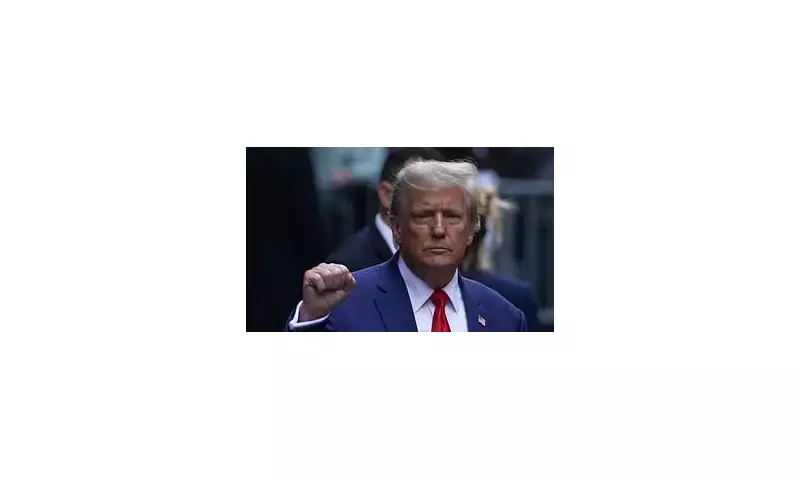
In a revelation that has sent shockwaves through political circles, former President Donald Trump allegedly proposed deploying joint military and law enforcement units on secret night patrols across Washington DC. The controversial plan, reportedly designed as a dramatic crime reduction initiative, would have represented an unprecedented fusion of military and civilian policing powers.
The Midnight Directive
According to sources familiar with the matter, Trump's proposal emerged during private discussions about addressing rising crime rates in the nation's capital. The former president supposedly envisioned coordinated patrols operating under cover of darkness, creating a visible security presence in high-crime areas.
The plan allegedly called for seamless cooperation between various law enforcement agencies and military personnel, though specific details about command structures and operational parameters remain unclear. This blurring of lines between military and civilian law enforcement roles has raised significant concerns among legal experts and civil liberties advocates.
Constitutional Concerns and Legal Boundaries
Legal scholars have been quick to highlight the potential constitutional implications of such a strategy. The Posse Comitatus Act, which generally prohibits the use of federal military personnel to enforce domestic laws, would present a substantial legal hurdle to implementing Trump's alleged vision.
"The idea of military personnel conducting law enforcement operations on American soil strikes at the very heart of our constitutional protections," noted constitutional law professor Eleanor Vance. "It represents a fundamental departure from centuries of legal tradition separating military and civilian policing functions."
Political Reactions and Implications
The revelation has sparked fierce debate across the political spectrum. Supporters argue that drastic measures are necessary to combat urban crime, while critics condemn the proposal as dangerously authoritarian.
Security experts have also questioned the practical effectiveness of such patrols, noting that sustainable crime reduction typically requires comprehensive social programs and community policing strategies rather than show-of-force operations.
Broader Context of Crime Prevention Debates
This alleged proposal emerges against a backdrop of ongoing national conversations about policing reform, public safety, and the appropriate role of federal power in local law enforcement. Many cities across the United States continue to grapple with balancing effective crime prevention against protecting civil liberties.
The controversy also reflects deeper tensions in American political discourse regarding executive power, states' rights, and the proper relationship between military and civilian authorities.
As the 2024 election approaches, this revelation is likely to fuel further debate about crime prevention strategies and the boundaries of presidential authority in matters of public safety and security.





